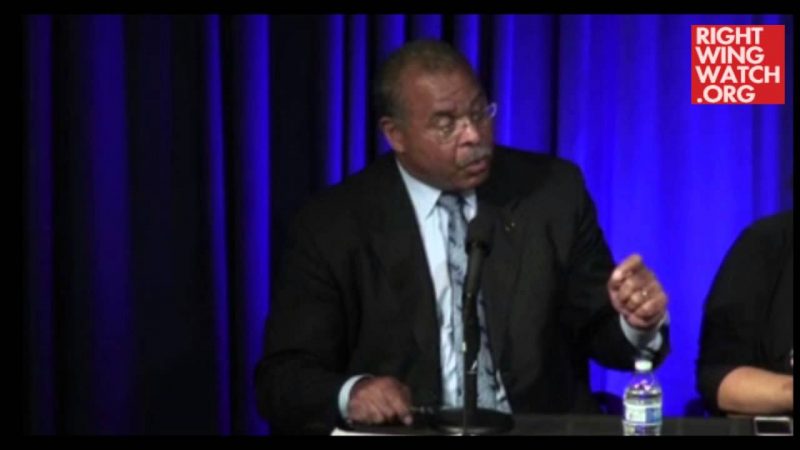CQ has a good article noting that both the fiscal conservatives and the social conservatives, two of the core segments of the Republican Party’s base, are in disarray and see no figure on the horizon at the moment who is capable of unifying either movement, much less bringing them together. In fact, about the only option they have at the moment is to come together in opposition to President Obama and try to derail his political agenda:
Other movement leaders, such as former House Majority Leader Dick Armey, a Texas Republican who now chairs the grass-roots small-government group FreedomWorks, are dismayed over the $700 billion financial industry bailout, pushed last year by President George W. Bush and supported in the end by almost half the Republicans in the House and two out of three from the GOP in the Senate. “It’s a dangerous time for fiscal conservatism,” he said.
Indeed, many conservatives say they have little hope that congressional Republican leaders will carry their standard, said Richard Viguerie, the conservative direct-mail guru who helped stir the Reagan revolution in 1980. “Who in the world is ever going to follow Mitch McConnell? Who is going to follow John Boehner?” Viguerie asked in reference to the party’s Senate and House floor leaders. “They look weak. They talk weak, and they have no plan or vision.”
…
Social conservatives such as Tony Perkins, president of the Family Research Council, say Bush was hardly better on their issues. Apart from his down-the-line opposition to abortion rights, Perkins says, Bush was “not a consistent conservative.”
Most movement leaders are arguing for a return to what they see as the tried-and-true conservative game plan of limited government and traditional values. Most of all, they want congressional Republicans to stand up to the new president. That’s why Perkins is among the movement leaders taking heart in the House stimulus vote. “It was the first time in the six years I’ve been in Washington that the Republicans have stood with the conservatives,” he said.
CQ also reports that right-wing groups are in even deeper trouble at the moment because, traditionally, advocacy groups see their donations increase whenever a president representing the opposing ideology is elected. But that is not happening this time around, thanks to the current economic crisis, and now groups like the Family Research Council might be forced to actually downsize:
If moderate voices don’t knock over the hard-liners, financial pressures might. Often a shift in power in Washington benefits interest groups of the opposite ideology, as was the case for conservative advocates after Bill Clinton was elected in 1992 and for liberal groups after Bush won in 2000. In each case, fired-up partisans increased their donations to interest groups that pledged to fight the new president. But such donor enthusiasm has yet to materialize for conservatives since Obama’s victory.
For example, two weeks after the November election, Focus on the Family, the Colorado Springs-based conservative group, announced it was cutting a fifth of its workforce, or more than 200 employees. The move followed a staff reduction of nearly 50 in September. Now, Perkins says, the Family Research Council may soon follow suit because its revenues are down 15 percent from the previous year.








